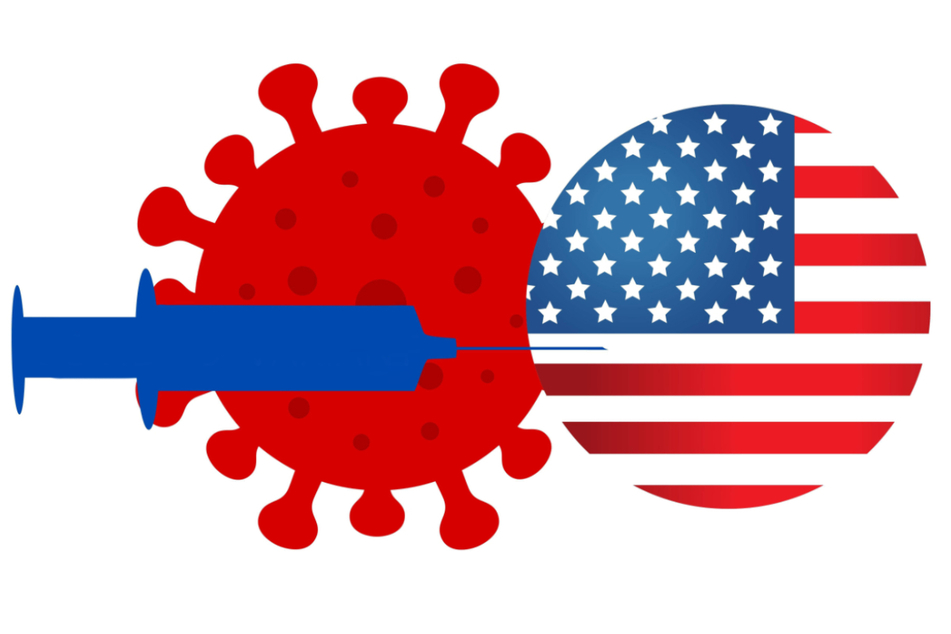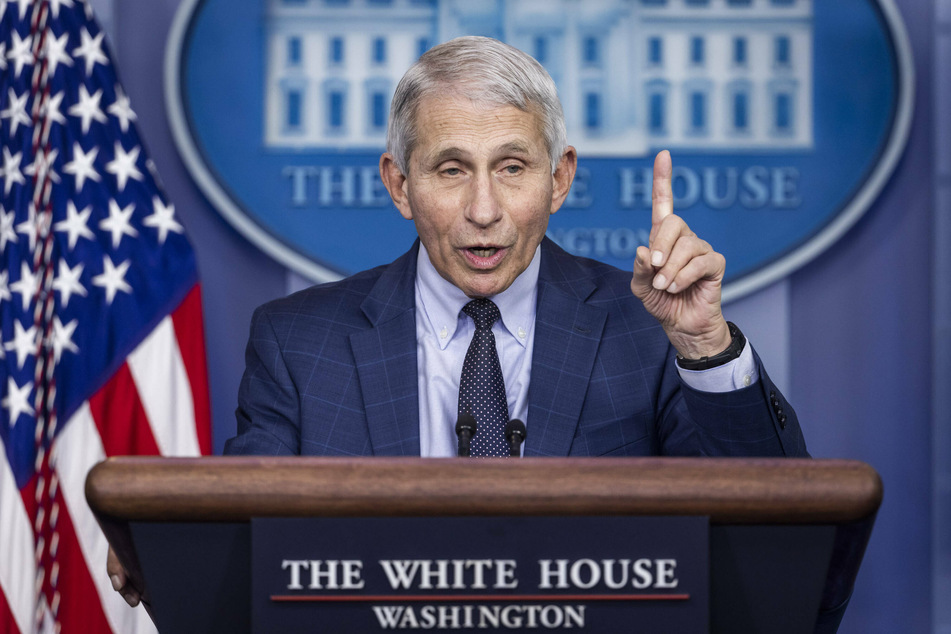California confirms first US Omicron variant case
Los Angeles, California - The Omicron variant of the coronavirus has been reported in California, marking the first confirmed case of this strain in the United States.

The variant’s presence in the Golden State — reported Wednesday by the US Centers for Disease Control and Prevention — is not unexpected.
Dr. Anthony Fauci told reporters that the person is a vaccinated traveler who returned from South Africa on November 22 and tested positive November 29. They had not yet received a booster shot and were experiencing "mild symptoms."
"There’s no reason to panic – but we should remain vigilant," California Governor Gavin Newsom tweeted on Wednesday before speaking live from a vaccine clinic to encourage booster shots.
First detected in southern Africa last month, the strain has already been found in nearly two dozen countries around the globe. The US subsequently imposed restrictions on travelers from South Africa and seven other countries, which began on Monday.
Still, the arrival of the highly mutated variant comes at what was already shaping up to be a particularly precarious time in California. Officials have long expressed concern that the one-two punch of the end-of-year holiday season and colder weather will increasingly push people to gather in crowded indoor settings where the risk of coronavirus transmission is especially high.
But whether Omicron ultimately proves to be more of a speed bump or a roadblock on California’s road to pandemic recovery remains to be seen.
Much remains unknown about Omicron. Answers to the most pressing questions — whether the variant spreads more easily, can cause severe illness, or dodge some of the protection afforded by vaccines — likely won’t be known for a few weeks.
And while the enemy may be new, public health officials say the battle plan is familiar. And the central thrust of those efforts remains getting as many people vaccinated as possible, and having adults avail themselves of booster shots when their time comes.
"We don’t know everything we need to know yet about the Omicron variant. But we know that vaccination is a safe and effective way to protect yourself from severe illness and complications from all known SARS-CoV-2 variants to date," Rochelle Walensky, director of the US Centers for Disease Control and Prevention, said during a briefing Tuesday.
Why Omicron is a "variant of concern"

While experts are still racing to identify the full ramifications of Omicron, the fact that it has more mutations than any other previous variant is unsettling.
Though not all mutations are inherently bad news, scientists are concerned some of those in Omicron might make the virus more transmissible or resistant to immunity generated by vaccines or previous infections.
"The thing that got everyone’s attention was the large number of mutations — around 50, much larger than previous variants. And some, according to the molecular configuration, are anticipated to impact transmissibility and antibody binding," said Anthony Fauci, the US government’s top infectious diseases expert.
It’s unclear, however, whether Omicron may spread as easily as the highly infectious Delta variant, which remains the dominant strain both in California and the US. Fauci said further clarity on that, as well as whether Omicron may be more virulent or vaccine-evasive, is probably still weeks away.
"Pending these data, the effect of this variant on transmission, severity of disease and how well current vaccines, treatments work remains speculative," he said.
What’s already known, though, was troubling enough for the World Health Organization to quickly designate Omicron as a "variant of concern."
"The emergence of the highly mutated Omicron variant underlines just how perilous and precarious our situation is," WHO director general Tedros Adhanom Ghebreyesus said in a video statement on Monday.
The globe, he continued, is "living through a cycle of panic and neglect" where "hard-won gains could vanish in an instant."
"We shouldn’t need another wake-up call. We should all be wide awake to the threat of this virus," he said.
Cover photo: IMAGO/VWPics

